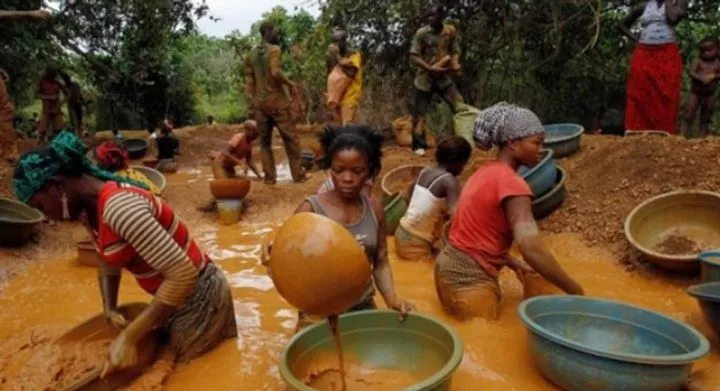
Ghana will require billions of dollars to restore vast stretches of degraded land and polluted water bodies resulting from years of illegal mining activities.
Professor Nana Browne Klutse, the Acting Chief Executive Officer of the Environmental Protection Authority (EPA), described the situation as an emergency and called on development partners to assist in funding the country's reclamation efforts.
Speaking to the Ghana News Agency on Tuesday, Prof. Klutse disclosed that a World Bank-funded project had facilitated the reclamation of some land, but only on a pilot basis. She stressed the need for additional funding to scale up these efforts.
"We have been approached by companies willing to help reclaim and restore the land, but the condition is that Ghana must bear the cost of the technology after the pilot phase," she explained.
Prof. Klutse further emphasised the necessity of ensuring that all mining companies, upon securing permits, contribute to a bond that would be utilised for land reclamation.
However, she lamented that many illegal miners had exploited vast areas and vanished without accountability.
"At present, we have large expanses of degraded land left behind by unidentified individuals who have absconded. We need to reclaim these lands, but we lack the financial resources to do so," she added.
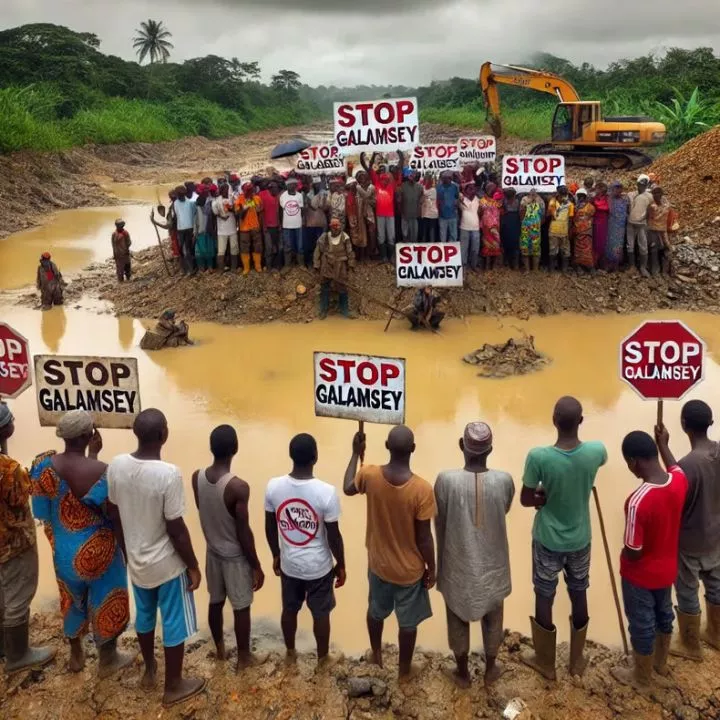
Strengthening Monitoring and Enforcement
With the enactment of the Environmental Protection Act 2025 (Act 1124), which elevates the EPA to an authority status, Prof. Klutse announced plans to enhance monitoring and enforcement mechanisms.
The agency intends to establish district-level offices to improve oversight, educate the public, and enforce environmental regulations.
"We recognise that our oversight is currently insufficient, but soon, we will have a presence at the district level to educate, guide, and penalise offenders where necessary," she stated.
She assured Ghanaians that efforts were underway to restore polluted water bodies, though it would take time.
The Devastating Impact of Illegal Mining
Illegal gold mining has wreaked havoc across southern Ghana, particularly in resource-rich regions such as the Upper Offin sub-basin.
According to a study by the International Water Management Institute, these once-thriving areas, known for their dense forests and flourishing cocoa plantations, now suffer from severe land degradation, declining agricultural yields, and water pollution.
In 2024, the Centre for Remote Sensing and Geographic Information Services, through the SERVIR West Africa programme, reported that over 670 square kilometres of land-an area comparable to the size of Singapore-had been destroyed by illegal mining activities.
Water Pollution and Public Health Concerns
High water turbidity, a measure of suspended solids in water caused by illegal mining, poses significant threats to water quality, ecosystems, and human health.
In March 2024, Ghana Water Limited reported severe challenges in treating water for residents of Sekondi-Takoradi due to excessive turbidity levels.
The Daboase Water Treatment Plant, initially designed to handle turbidity levels of 100 Nephelometric Turbidity Units (NTU), was now dealing with levels reaching 7,000 NTU.
Some areas have recorded turbidity levels as high as 14,000 NTU, far exceeding the 2,000 NTU safety limit.
The excessive sedimentation and toxic chemicals from illegal mining have resulted in frequent machinery breakdowns and escalated the cost of water treatment. Contaminated water sources have forced many communities to seek alternative water supplies, which are often unsafe or unaffordable.
Health Risks and Environmental Damage
Illegal mining-related water pollution has been linked to severe health conditions, including kidney failure, birth defects, and cancer. High turbidity levels contribute to algae blooms, disrupting food chains and harming aquatic ecosystems.
Several major rivers, including the Pra, Ankobra, Birim, Offin, Densu, and Oti, have been severely polluted by illegal mining activities, endangering both human populations and wildlife.
The Way Forward
Ghana faces an uphill battle in restoring its degraded environment, but with strategic funding, stronger enforcement, and public cooperation, progress can be made.
The government, environmental agencies, and international partners must work together to mitigate the damage and implement long-term solutions for sustainable land and water management.
The EPA continues to appeal for urgent intervention, stressing that without immediate action, the country risks long-term environmental and economic consequences.


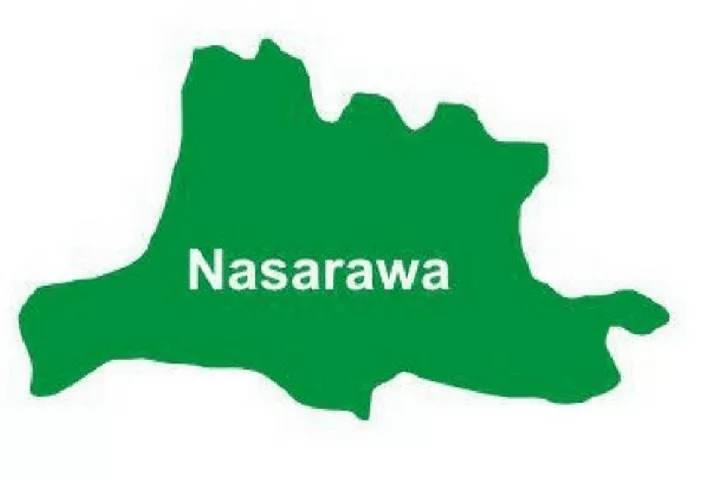
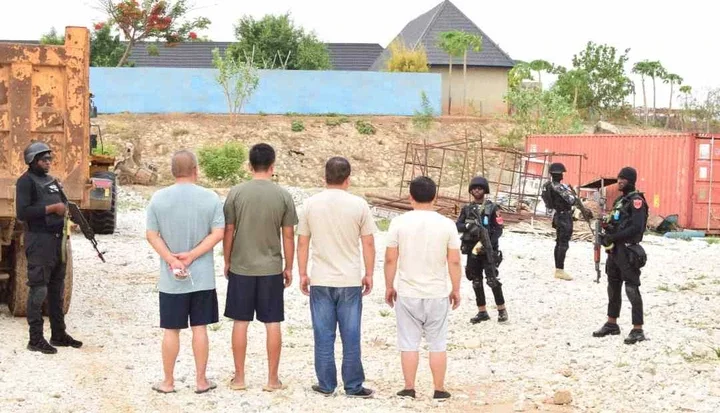
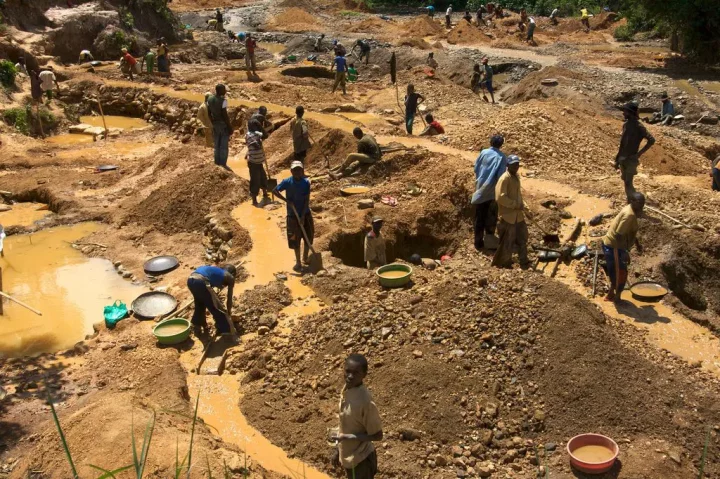
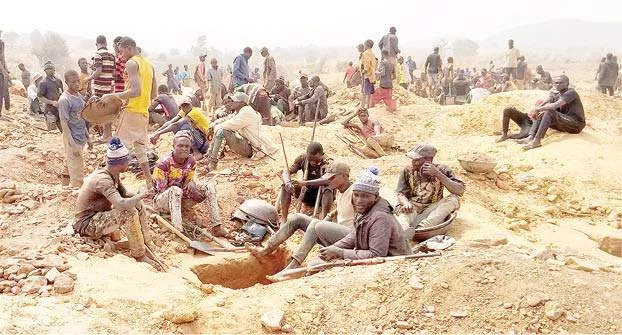
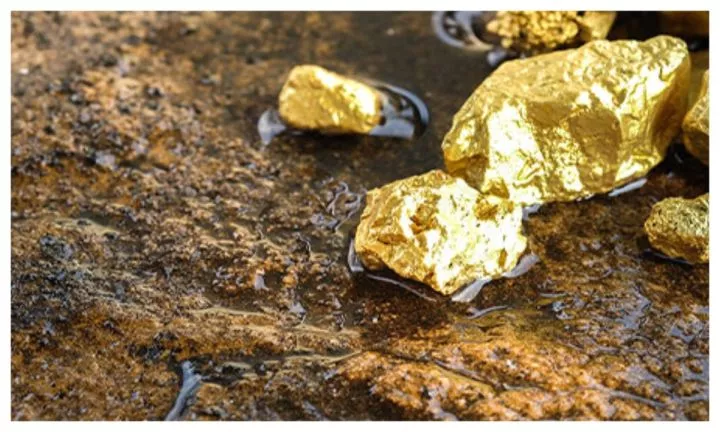







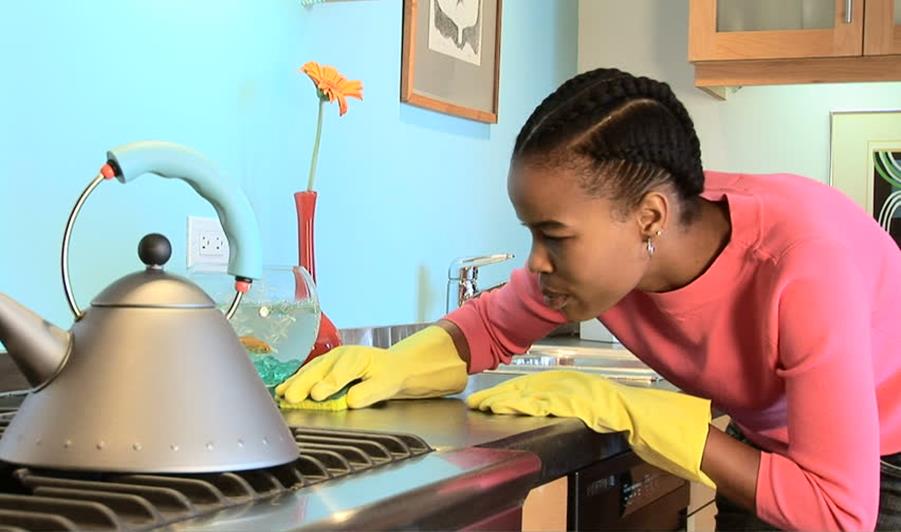

Comments